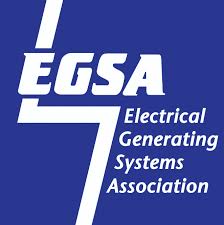Are home backup power generators like their commercial counterparts or are they very different machines? Peter Thornton, one of Duthie Power Services’ Sales Engineers as well as Ask Pete from our website, explains the differences and similarities between a home generator and an industrial generator.
Hint! They’re not all that different.
Both have the same setup and the same idea; home generators are just smaller in scale to fit the power needs of your home. While a commercial generator may seem like a more critical element to have on your property, home backup generators are just as important as those for an industrial building. In fact, the importance of having a home backup generator grows every day. In today’s world where somebody can shut down a pipeline or damage a substation that powers an entire community, home backup power becomes an essential need for everyone.


